There are some who tend to be too hard on themselves and loving someone who doesn’t love themselves can be quite challenging. Are you in a relationship with a self loathing partner?
If yes then, below are some signs of self loathing in a relationship.
One thing that people fail to acknowledge is that dating a self hating partner can be extremely tough as one is already going through their own set of challenges.
Why Is It So Difficult When Loving Someone Who Doesn’t Love Themselves?
Having written a couple of posts on the difficulty of loving others when you don’t love yourself, I want to turn my attention, below, to the struggles faced by the other person in such rwhat is self loathingelationships. (If you consider yourself self-loathing, try to imagine that your partner is going through some of what I describe below.)
Naturally, some are mirror images of the self loathing person’s issues, though developed further or in different ways:
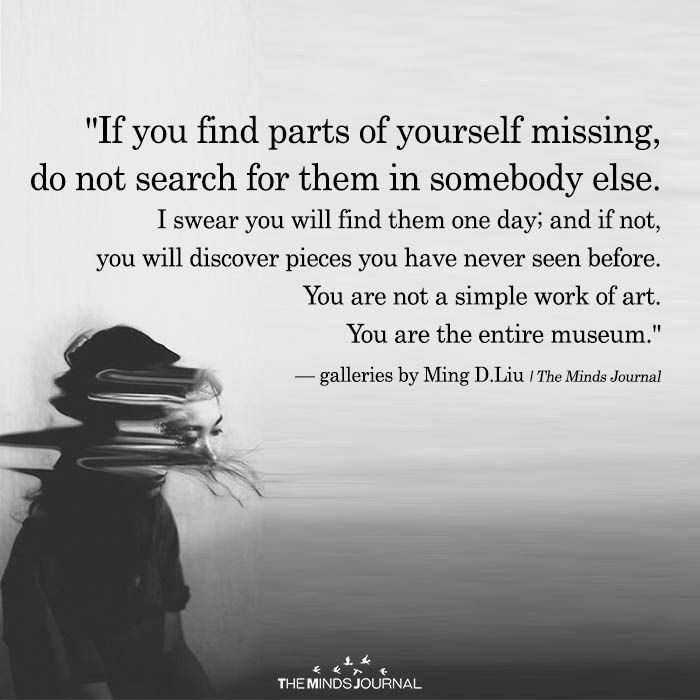
Challenges faced by a person who has a self loathing partner
1. Your partner will rely on you
If your self loathing partner finds something missing in himself or herself, he or she may rely on you to fill that gap.
This may feel good at first—most people like to feel needed, after all—but if taken too far, it can turn into excessive neediness or dependency, leaving you feeling less appreciated for who you are, not just for what you can do for your self-loathing partner.
2. Difficult to communicate
It can be difficult to communicate with your self loathing partner if he or she insists on reading the worst into things you say because of projecting his or her own feelings of inadequacy onto you.
You may find yourself closely monitoring what you say to your partner, possibly even letting communication decline altogether as it grows more frustrating and seemingly pointless.
For example, your self loathing partner may not handle praise well, either rejecting it (“No, I’m not that smart”), minimizing it (“I had a good day, it won’t happen again soon”), or diverting it elsewhere (“Sure, but look how much better you did”).
You want to encourage this person, especially if it may help lessen his or her self-loathing, but it is hard to maintain it for long if your partner continues to reject your support.
Read: Self Esteem: The Difference Between Healthy And Impaired Self Esteem
3. Rejecting Help
Similarly, your self loathing partner may reject help when he or she clearly needs it. He or she may not feel worthy of your care and not want to impose on you.
(Oddly, this can coincide with neediness—the self-loathing person may strongly desire some things from you while rejecting others.) It is extremely difficult to see the person you care about suffering. It is even worse when you try to help but are rejected, especially when you strongly believe that you can help if he or she would only let you.
4. Disheartening
It can be very disheartening to care for someone who does not care for himself or herself. After a while, you can start to feel that your efforts are wasted; you spend time and energy trying to boost your partner up, and he or she tries just as hard to tear himself or herself down again.
(An aside to the self loathing person: This last point may be a core issue with loving others—or, more precisely, being loved—when you don’t love yourself. It may be very difficult for someone else to love you if that person can see that you don’t love yourself, in which case he or she may pour their heart into the relationship for naught.)
So what is self loathing person in a relationship like?
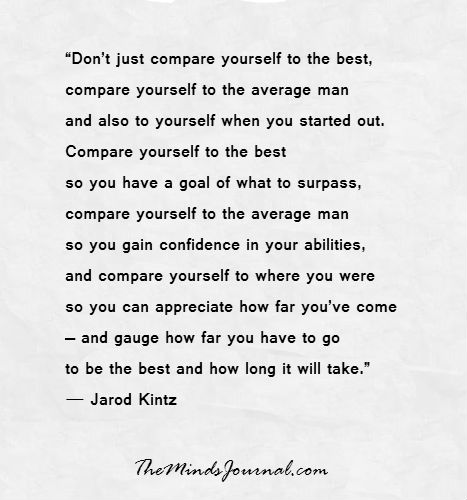
If you have been with the person for a while, you are probably a very caring and patient person—which is wonderful—but you have to look out for your own well-being as well.
You may derive immense satisfaction and fulfillment from helping your partner, in addition to the love and joy that he or she gives back to you.
Read: How To Heal Your Most Debilitating Core Wounds
If you can honestly regard a partner’s self-loathing as just a quirk you can deal with at little cost to yourself, that’s fantastic. But if you find you are sacrificing too much of your own well-being in service to a partner’s needs; if you’re frustrated from feeling that your caring efforts are wasted; or if you feel that your own needs are being neglected or suppressed, something needs to change.

This may involve starting a dialogue about your concerns, or it could mean you need to leave the relationship. Whatever you do, you cannot let your partner’s needs eclipse your own. However much you care for the person, you aren’t responsible for him or her. Other people’s failure to love themselves should never make you forget to love yourself.
Self hatred is a sad reality for a lot of people, and sometimes also for their partners. But, does that mean that you will give up on love and relationships altogether? NO. As long as you and your partner work together, and are in sync mentally and emotionally, self hatred will always be dormant.
If you have a self hating partner and want to learn more about what causes self-loathing in them, take a look at this video:
Written By Mark D. White
Originally Appeared In Psychology Today
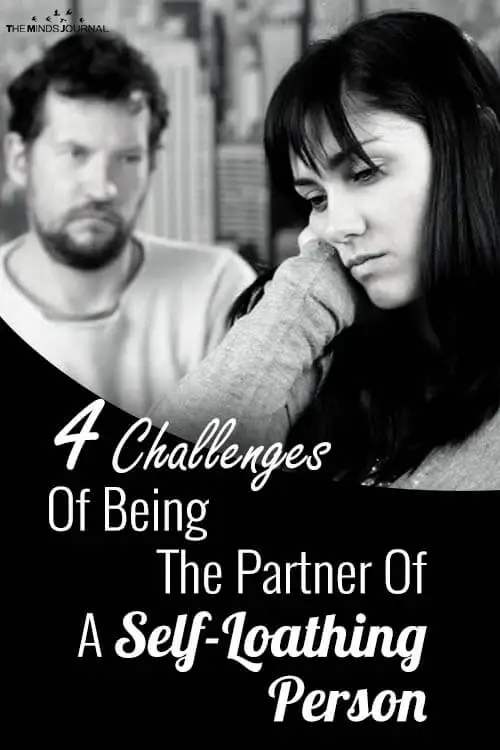
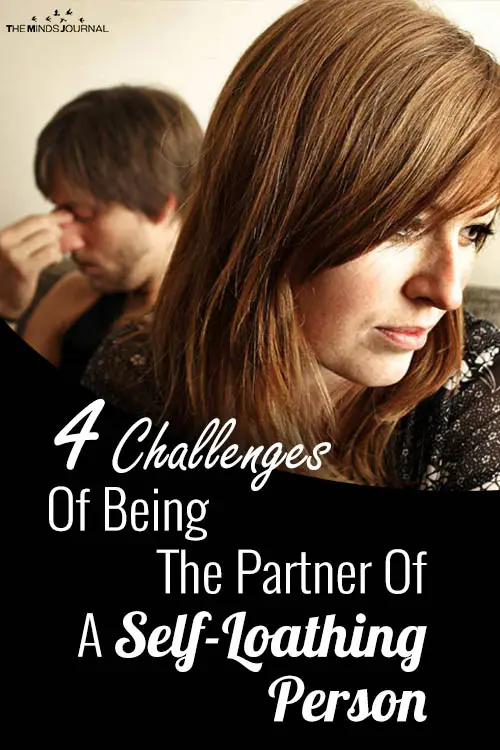
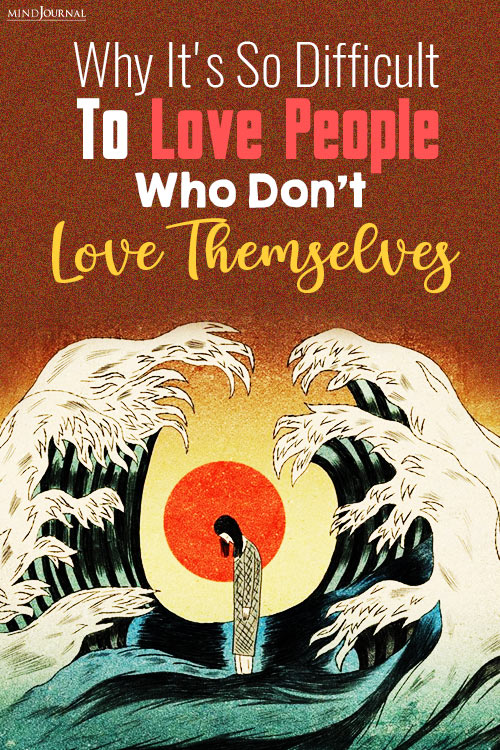
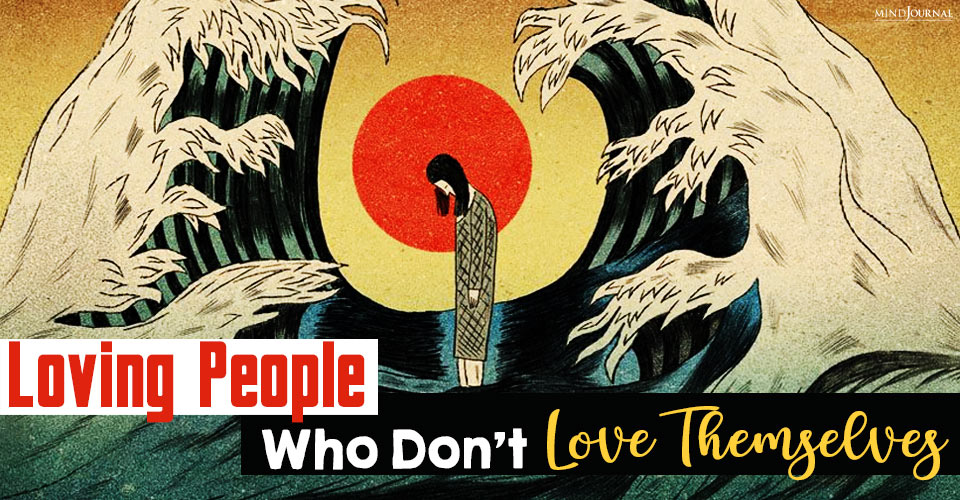







Leave a Reply
You must be logged in to post a comment.